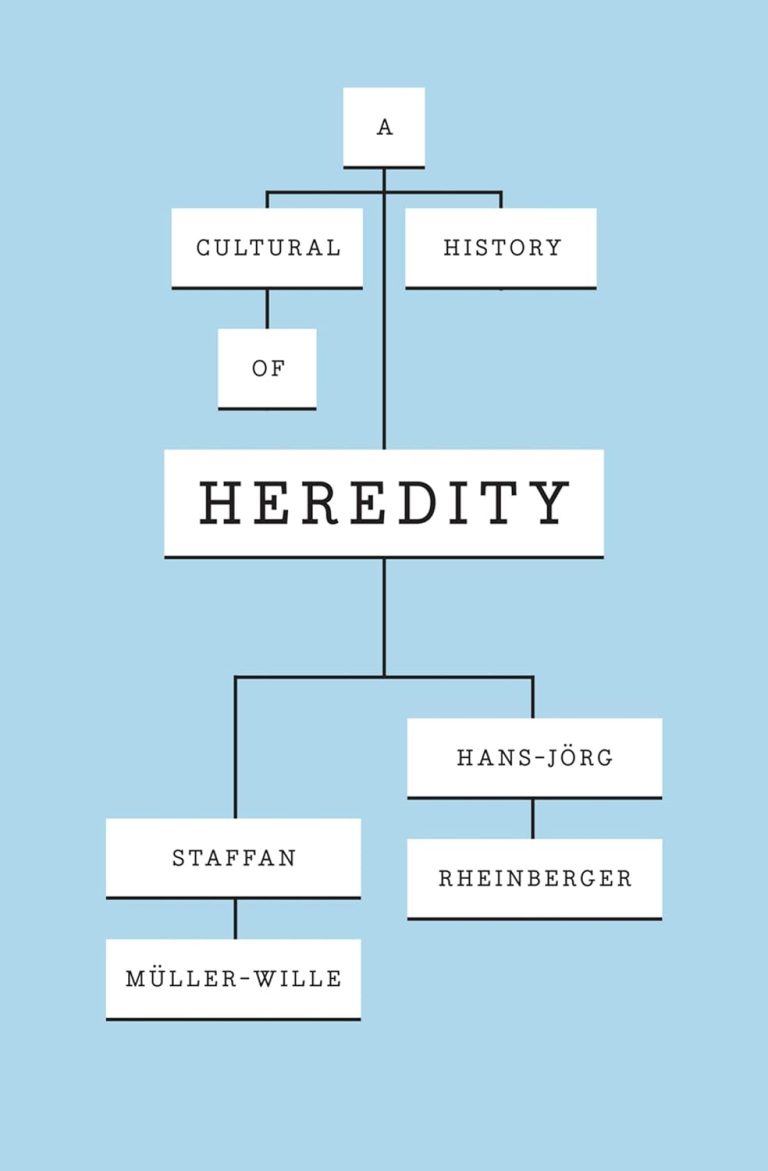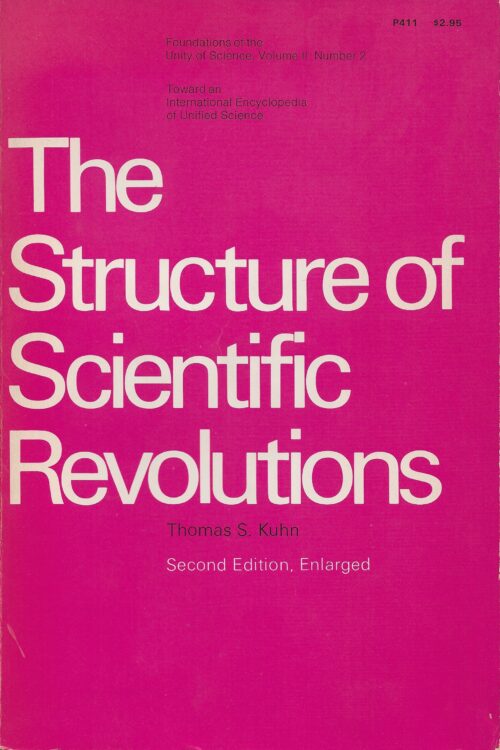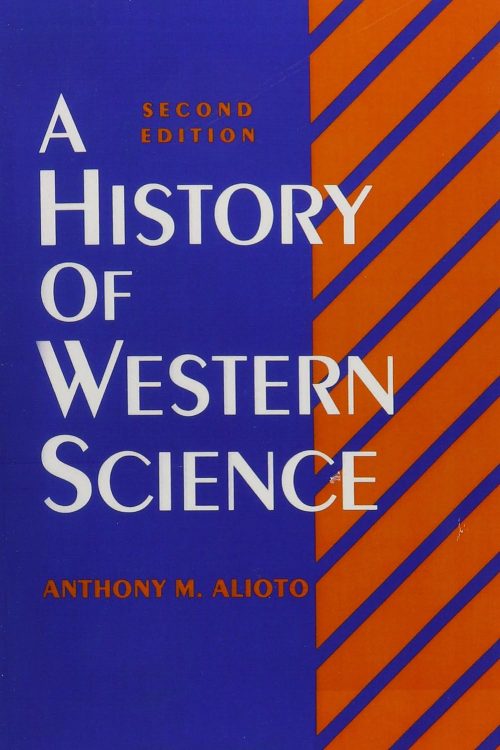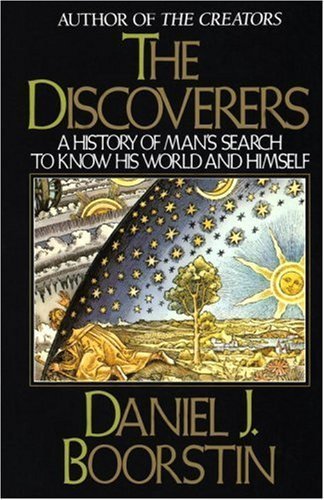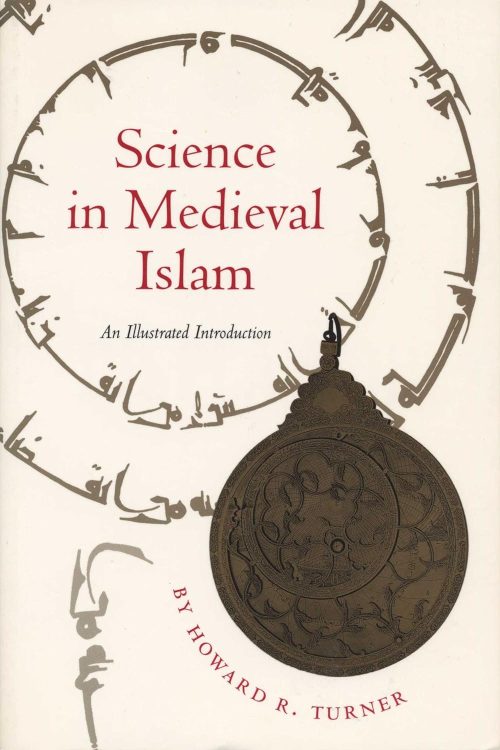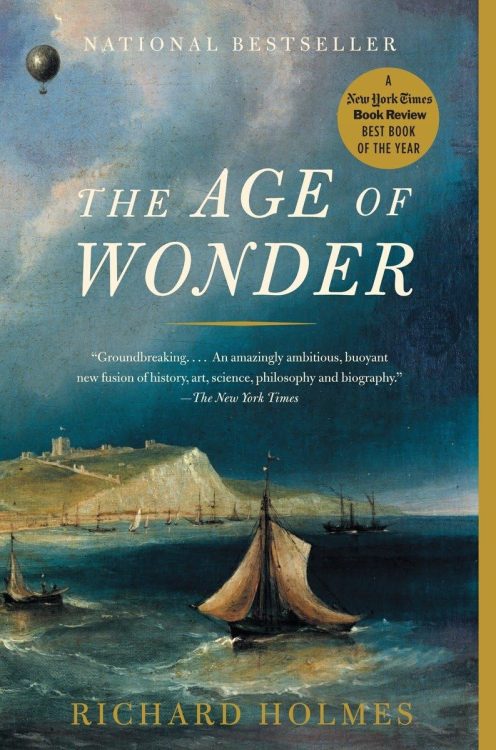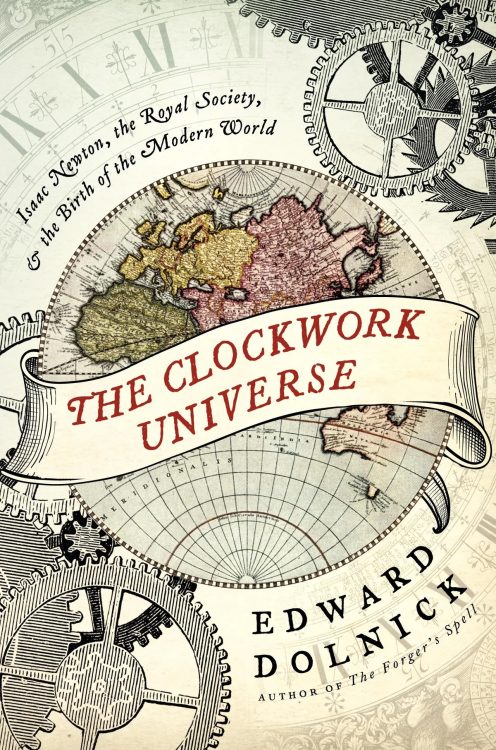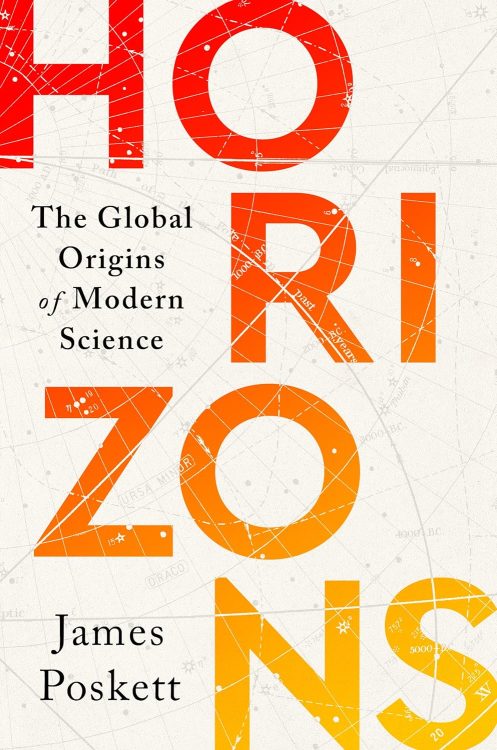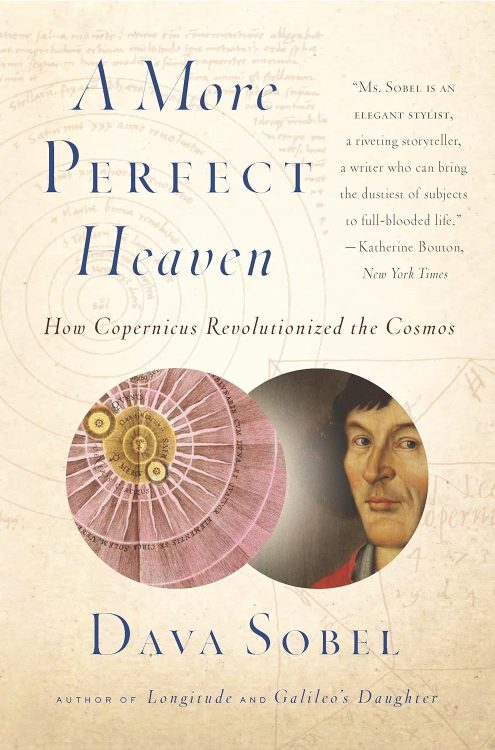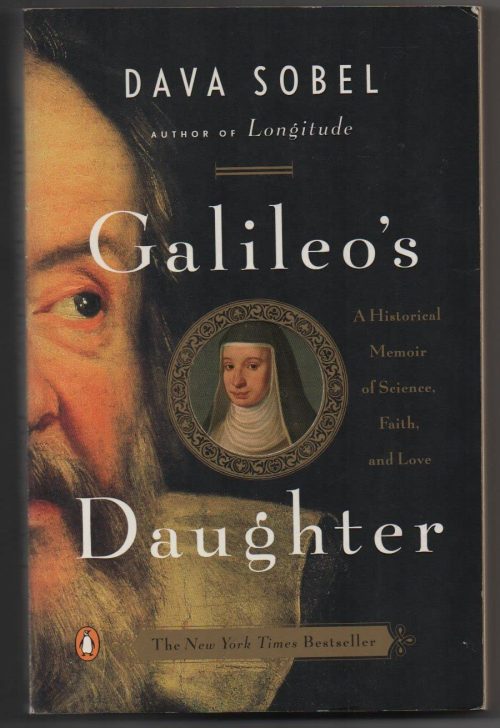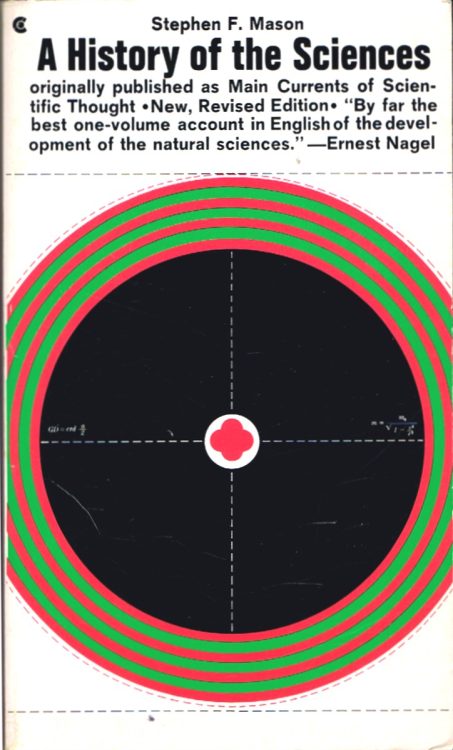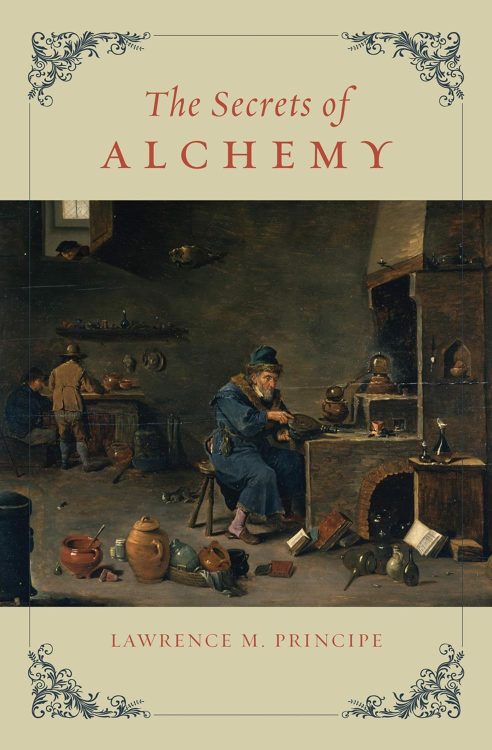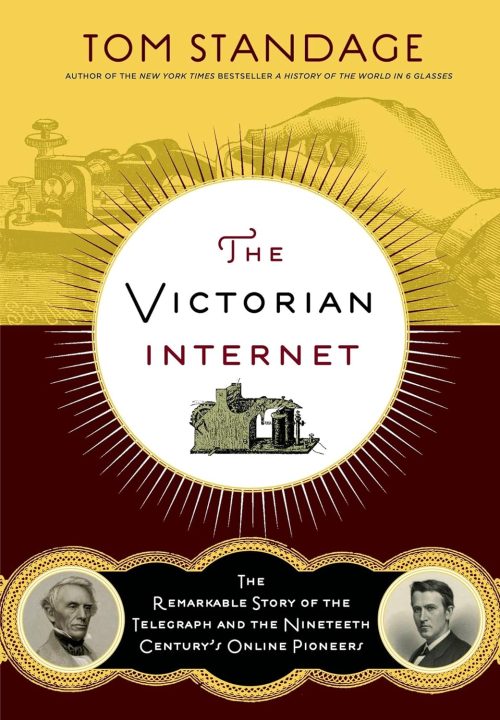In “A Cultural History of Heredity,” authors Staffan Muller-Wille and Hans-Jorg Rheinberger pull back the curtain on the intricate tapestry of history, politics, and science that has shaped our understanding of heredity. This explorative text sheds light on how heredity, which we now regard as a core principle of biology, was once merely a peripheral idea in cultural and scientific dialogues.
Encapsulating a span of over two centuries, the book starts by laying out the premodern theories of generation, underlining that the focus during those times was more on individual procreation rather than on the transmission of hereditary traits. It opens up discussions on how and why hereditarian thinking first permeated fields as diverse as politics, law, medicine, natural history, and anthropology.
Fast forward to the late 19th century; Muller-Wille and Rheinberger engage readers in the evolution of heredity theories amidst the growing societal concerns over race and eugenics. The authors then trace the path leading to the advent of classical and molecular genetics in the 20th century, illustrating these developments’ relation to the prevailing socio-political milieu.
This narrative continues as the book illustrates the contemporary landscape where sophisticated information technologies are harnessed to decode heredity, emphasizing the concept’s paramount importance in the life sciences and broader culture.
Unexpectedly, the book intertwines alchemy’s history and the tale of its practitioners into the discussion of heredity. The authors convey how alchemy’s mysterious texts and practices unfold the understanding of scientific concepts over the ages.
Furthermore, the book offers a nuanced perspective on Islamic civilization’s contributions to the scientific sphere. Howard Turner’s exploration into this era reveals how the Islamic pursuit of knowledge not only conserved but also enhanced the scientific heritage of older civilizations, intricately influencing modern Western science.
One of the most commendable aspects of this book is its interlacing of multiple disciplines to narrate the developmental history of a scientific concept. However, some may find the detours into areas like alchemy and the scientific accomplishments of Muslim civilization a stretch from the main topic. Yet, these forays are valuable in their own right, offering a holistic view of heredity’s place within the grand narrative of human exploration and knowledge.
The book is meticulously researched and rich in detail, which may both be its strength and downside. While it serves as an intellectual feast for those fascinated by the history of science or sociology, lay readers may find themselves wading through dense, jargon-laden passages.
“A Cultural History of Heredity” is no light read; it demands an attentive and contemplative reader. Yet, the payoff is immense for those willing to immerse themselves in the intricacies of its discourse. Muller-Wille and Rheinberger have crafted a work that impressively contextualizes the concept of heredity within a broader cultural and historical backdrop, thereby enriching our understanding of the origin and significance of the ideas that shape contemporary science.
For students and scholars alike, this book serves not just as a mere recounting of facts but as a thought-provoking chronicle, inviting readers to reflect on the interconnected web of factors that have driven the scientific pursuit of heredity throughout history.

